How to Choose the Right Latch Bolt Based on Door Material?
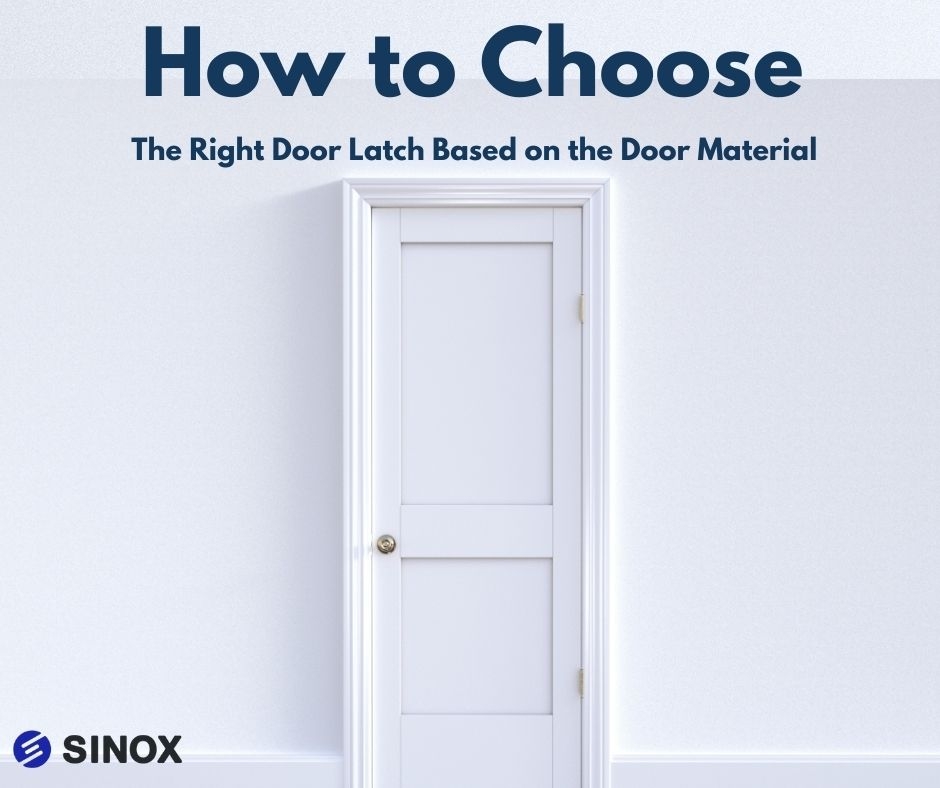
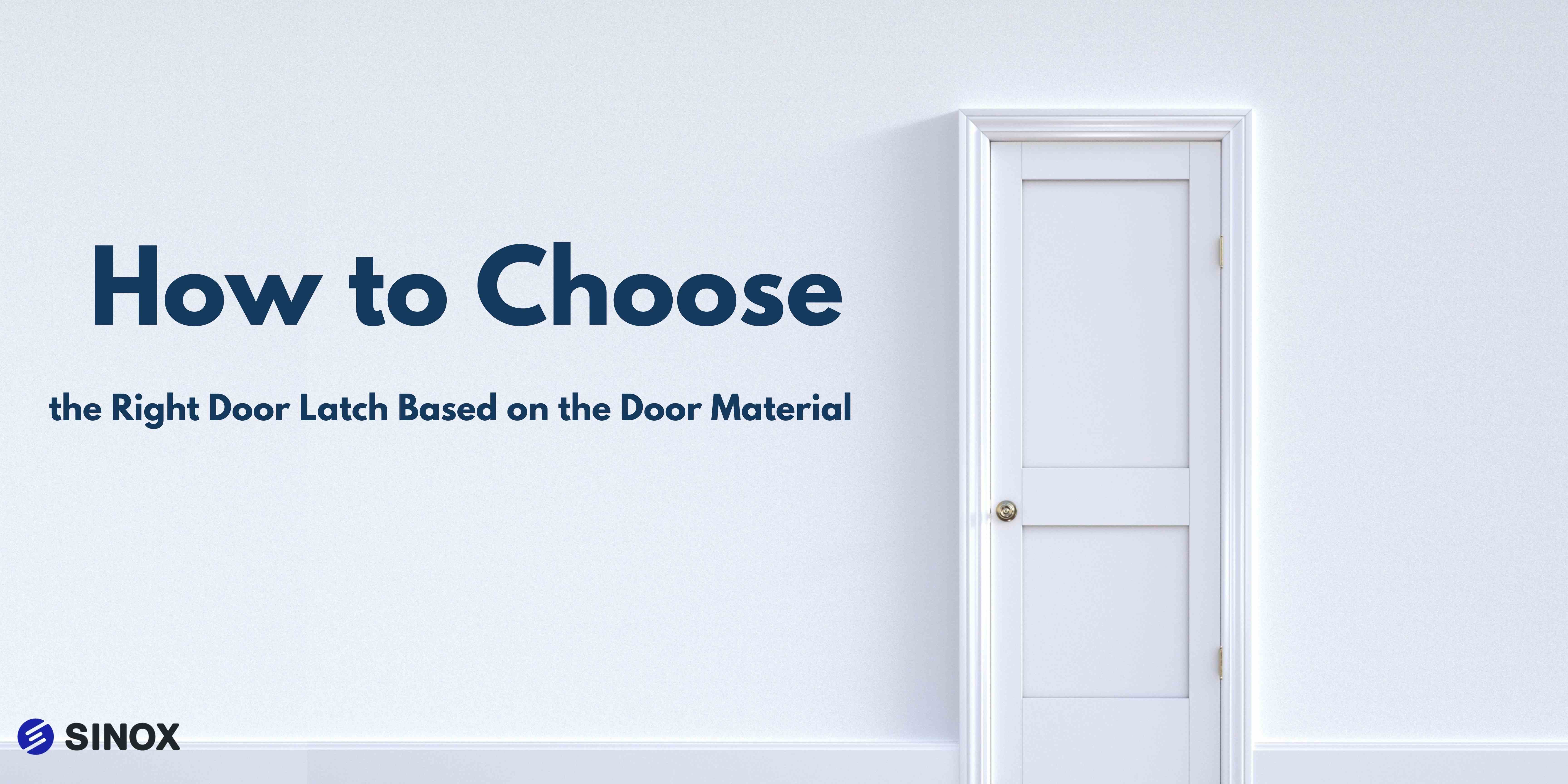
In daily life, we frequently encounter doors made of various materials. But did you know? A door without a "latch bolt" is like a backpack without a zipper, ready to open at any moment!
Latch bolts are common safety devices and play a crucial role in every door lock. They are often found in door locks, car doors, windows, and other facilities. Click here to understand how latch bolts work
With the diversification of door materials, choosing the right latch bolt has become increasingly important. This article will introduce how different door materials impact the selection of latch bolts and how to choose the right one based on your needs!
How Much Do You Know About Door Materials?
The selection of door materials varies in different settings, such as fire doors in malls and buildings, metal doors in apartments, or glass or metal doors in school classrooms. But do you know the material of the doors in your home?
Different materials are used in different regions and for various purposes. Let’s take a look at some common door materials:
- Wooden Doors: Wooden doors are one of the most common types, widely used in homes and offices. Since wooden door frames and panels are usually lighter, latch bolts need to provide stable fixation and consider the thickness of the frame and panel.
- Metal Doors: Metal doors typically have high strength and are commonly used in places requiring robust anti-theft capabilities, such as factories and parking lots.
- Glass Doors: Glass doors are usually heavier and more fragile. When choosing a suitable latch bolt, the weight and structural characteristics of the door need to be considered. The latch bolt must not only support the weight of the glass door but also avoid damaging the door frame.
- PVC Doors: PVC doors are usually lighter but less durable. When choosing a latch bolt, factors such as durability and preventing excessive wear on the latch bolt should be considered.
- Fire Doors: Fire doors have fire-resistant functions, and the selection of latch bolts requires special attention to their high-temperature resistance. The latch bolt should have good sealing performance and remain stable under high temperatures.
Unparalleled Protection: The Impact of Door Materials on Latch Bolts
The material of the latch bolt significantly affects its performance. Common materials include "zinc alloy" and "stainless steel."
- Wooden Door Latch Bolts: Wooden doors are lightweight and suitable for sliding doors and drawer locks. They typically do not require overly robust latch bolts. Materials such as "stainless steel, copper, zinc alloy, iron, and aluminum" are suitable for wooden door latch bolts. When selecting, consider the thickness of the door and the structure of the frame.
- Steel Door Latch Bolts: Steel doors need to withstand greater external forces and have stronger anti-theft requirements(AL2001). When choosing latch bolts, focus on strength and stability. Steel doors are usually equipped with latch bolts made of "stainless steel" or other durable "metal materials" to effectively prevent forced entry.
- Glass Door Latch Bolts: Selection should balance aesthetics and functionality. Due to the heavy weight and fragile structure of glass doors, attention must be paid to the load-bearing capacity of the latch bolt. "Steel" or "zinc alloy" latch bolts are suitable for glass doors as these materials provide sufficient strength while avoiding damage to the glass door.
- Fire Door Latch Bolts: Must have high-temperature resistance and effectively maintain the door’s sealing performance to prevent the spread of fire and smoke. Materials should include "non-flammable metals" (e.g., steel) or "special alloys."
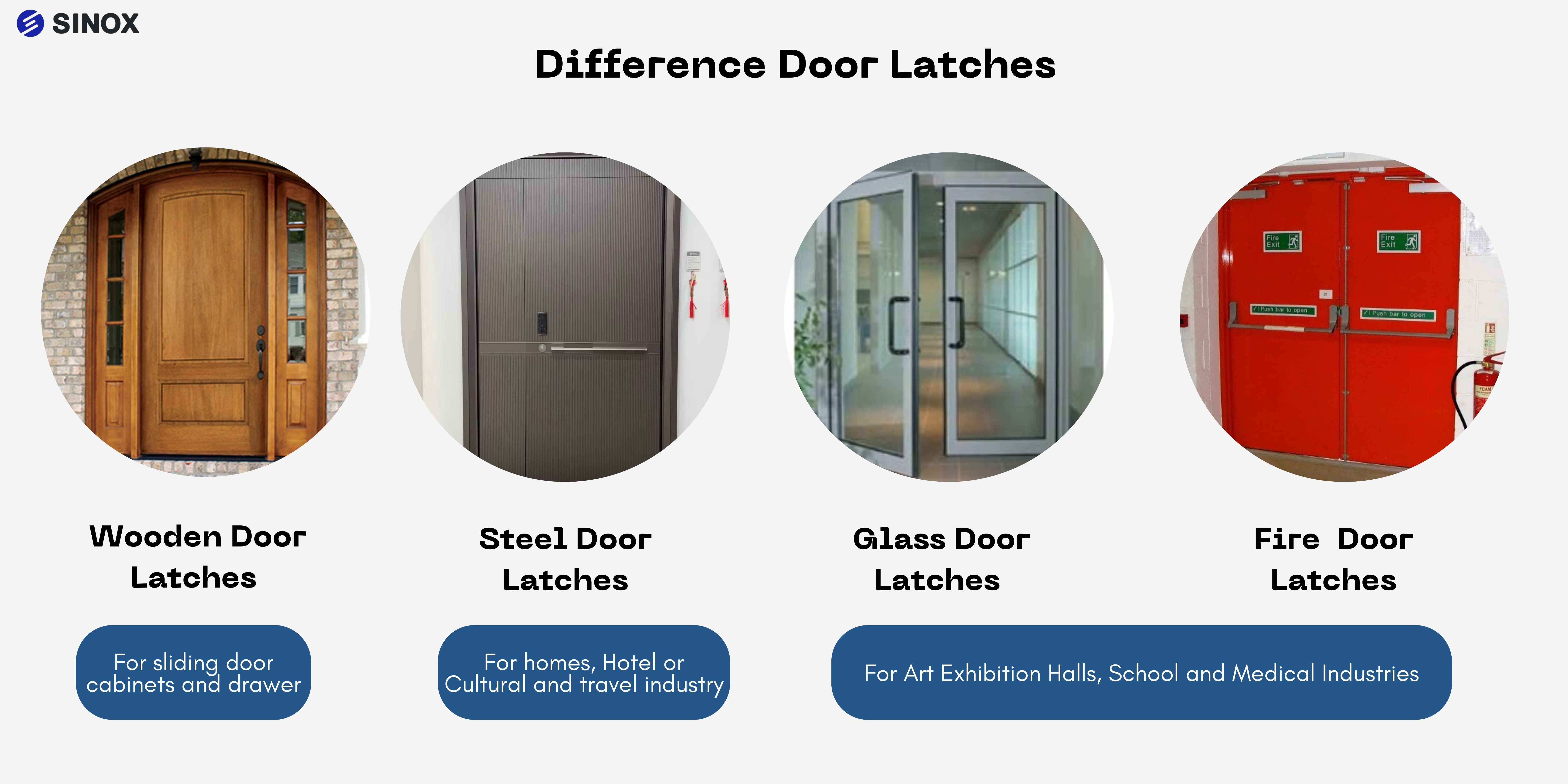
The Rise of Electronic Locks: Why Traditional Latch Bolts Still Matter
With technological advancements, the demand for electronic locks has grown. However, not every door can be equipped with electronic locks.
Traditional hardware locks with latch bolts remain irreplaceable due to their excellent high-temperature resistance, especially for fire doors in malls that must block smoke and flames. While electronic locks offer quick locking and effective smoke prevention, their tolerance to high temperatures is relatively low, making traditional hardware latch bolts a better choice in such scenarios.
Additionally, glass doors often prioritize aesthetics and weather resistance. For such doors, rotating locks or fingerprint recognition locks provide convenient functionality but require more resources for maintenance, making traditional locks with lower maintenance costs a more practical option.
Understanding common types of latch bolts for door locks and choosing suitable materials can enhance anti-theft performance or extend the lifespan of locks. Properly matching latch bolts and materials effectively improves overall protection.
Your Trusted Partner: SINOX
Choosing the right latch bolt material and matching it with the door material not only enhances security but also prolongs the lifespan of the locks.
SINOX Professional Team offers a variety of lock accessories and customizes suitable solutions based on your specific needs. Whether for residential, commercial door locks, or special application scenarios, our professional team works with you to set benchmarks for safety and protection. Choose SINOX, choose professionalism, safety, and lasting assurance to make your products stand out in the market.

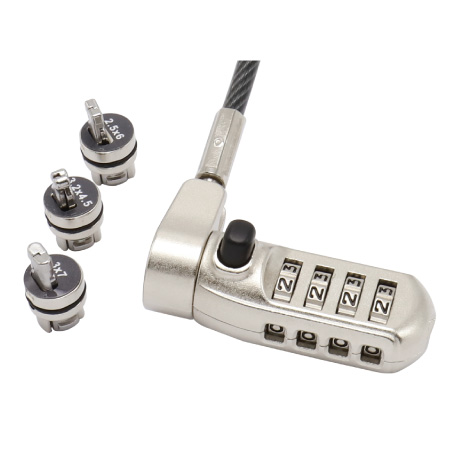
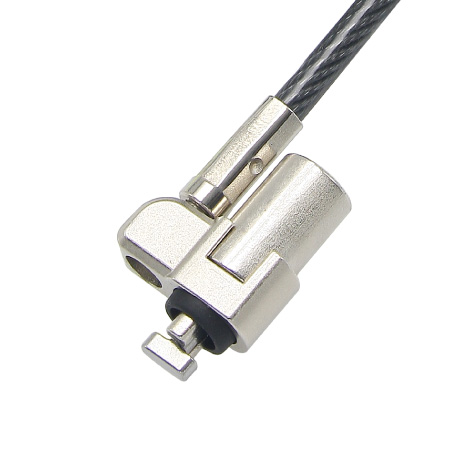
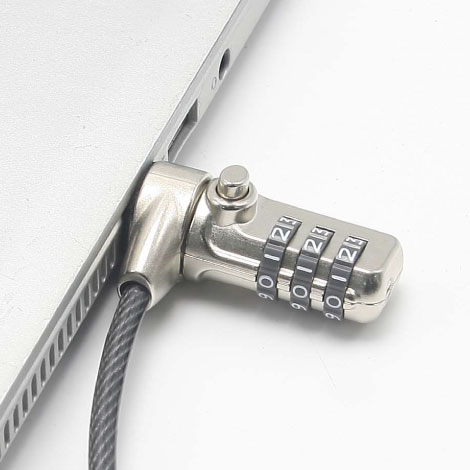
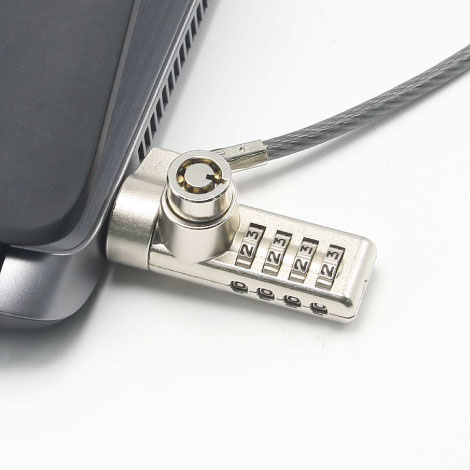
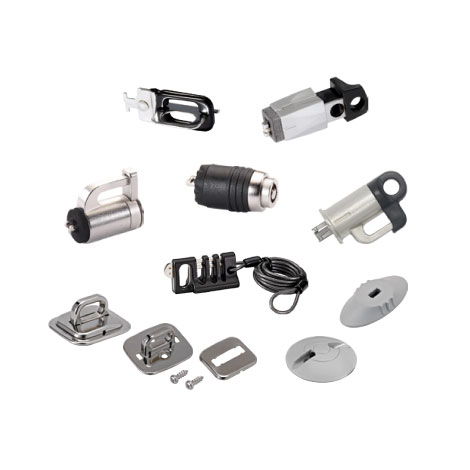

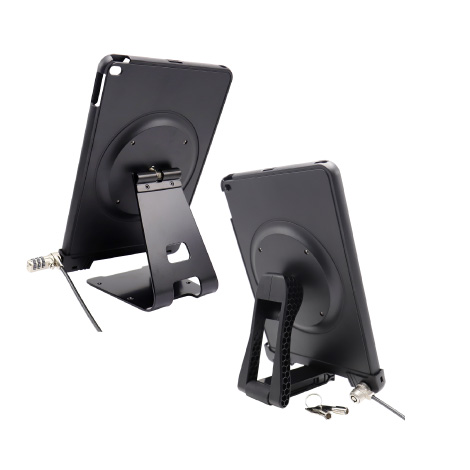
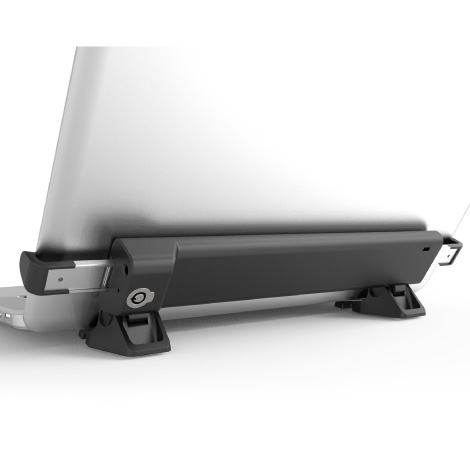
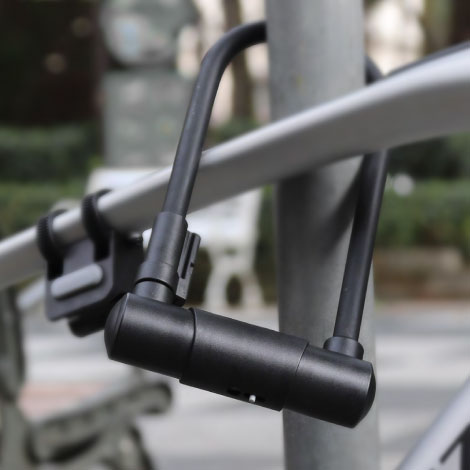
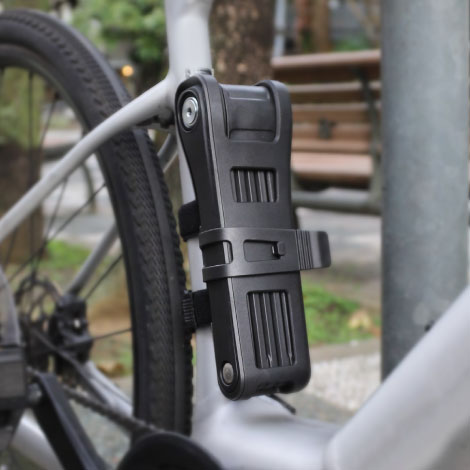
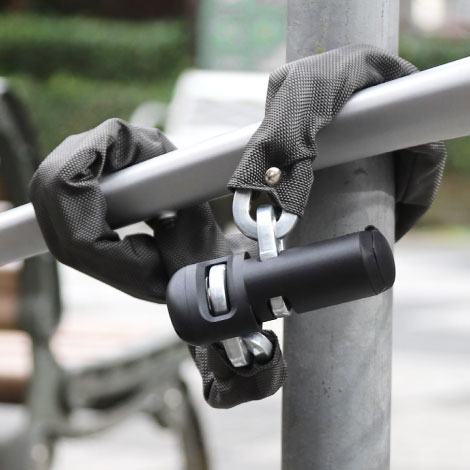

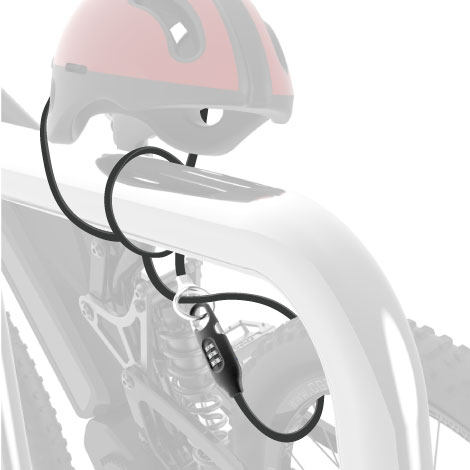
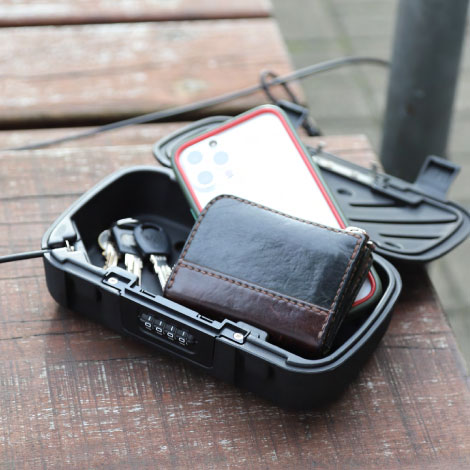
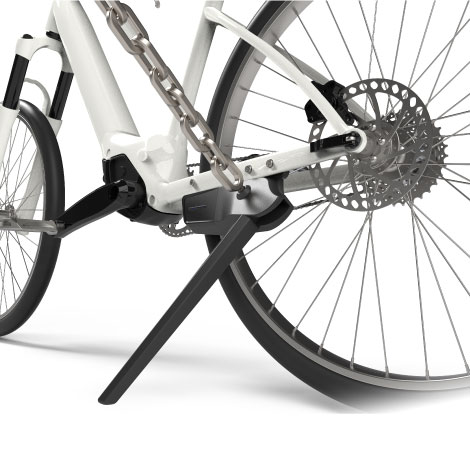
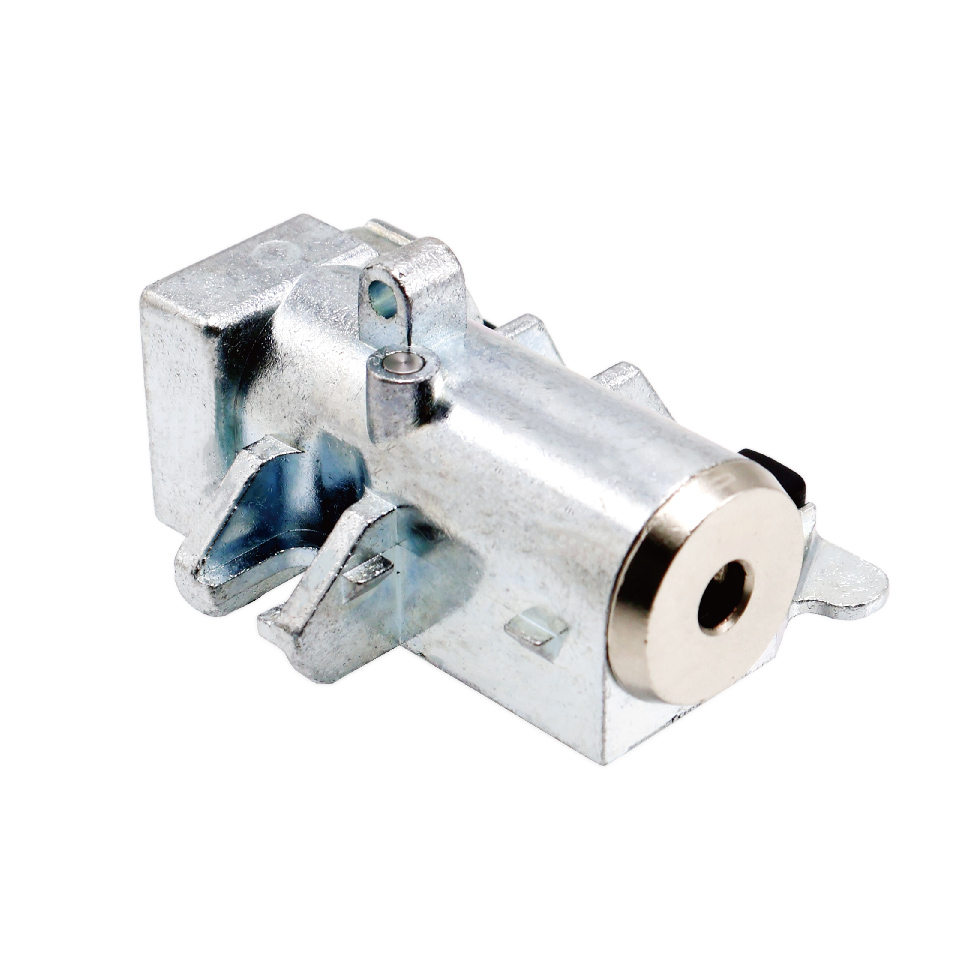
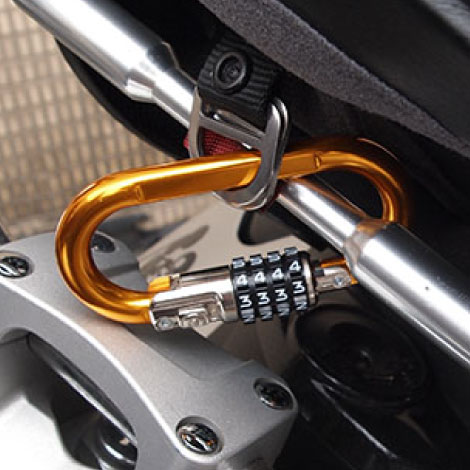
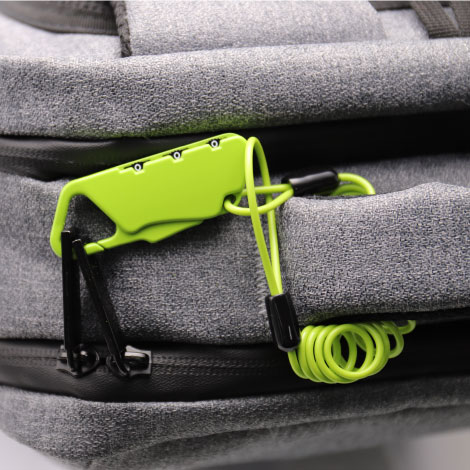
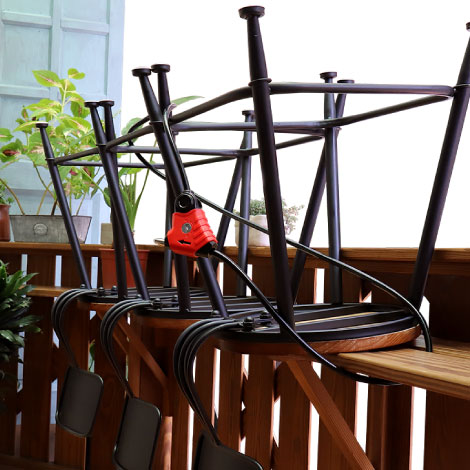
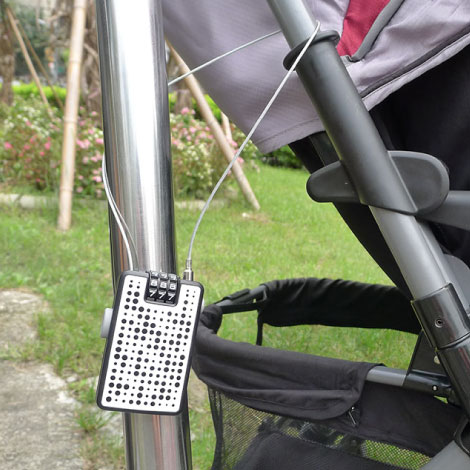
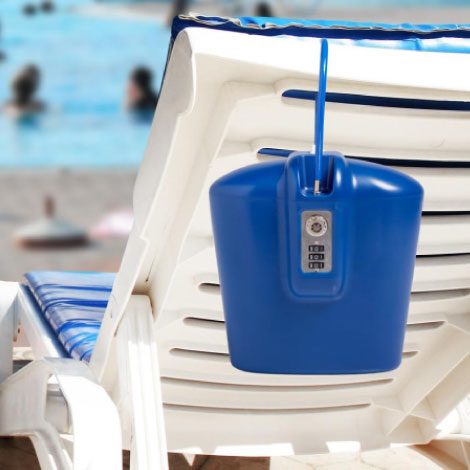
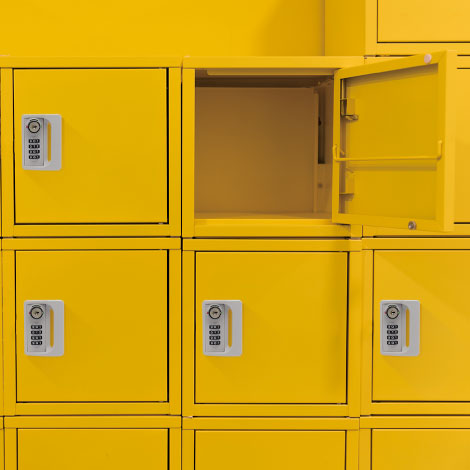
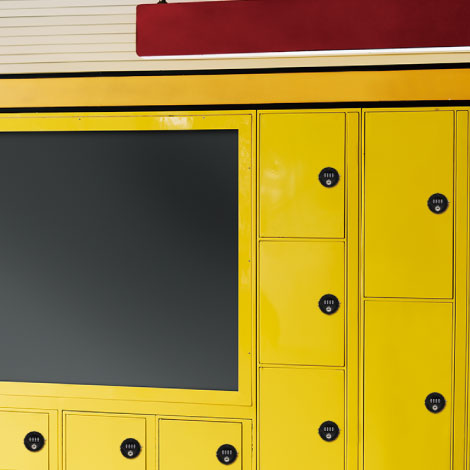
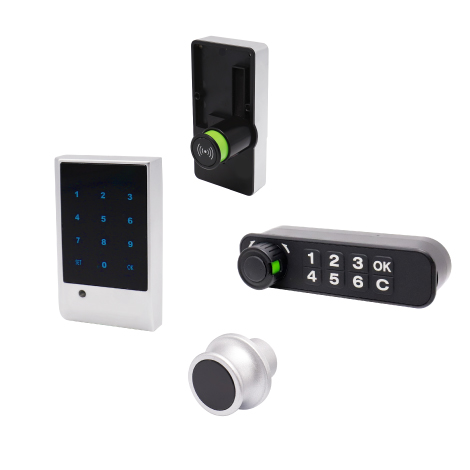

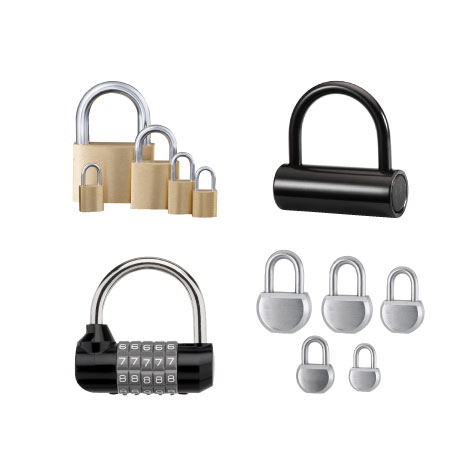
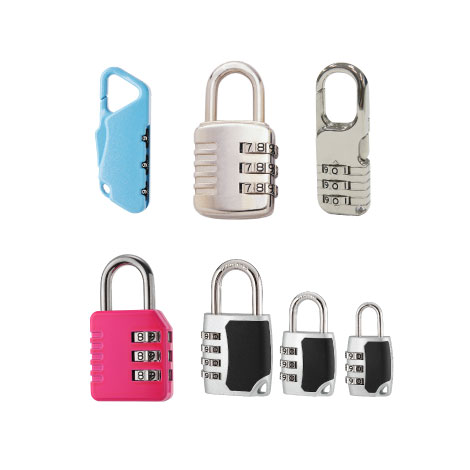
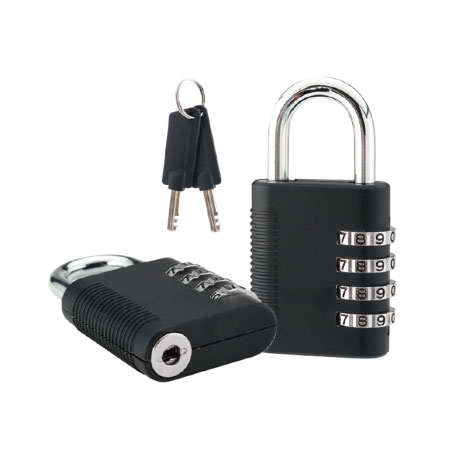
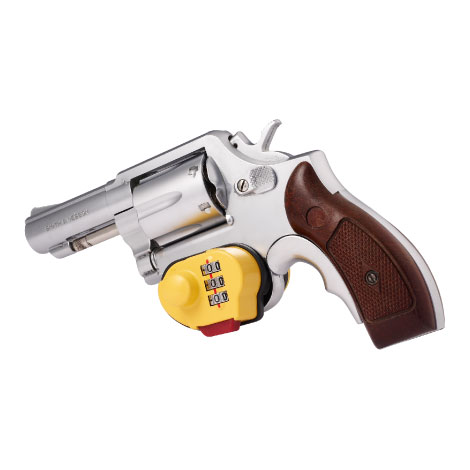
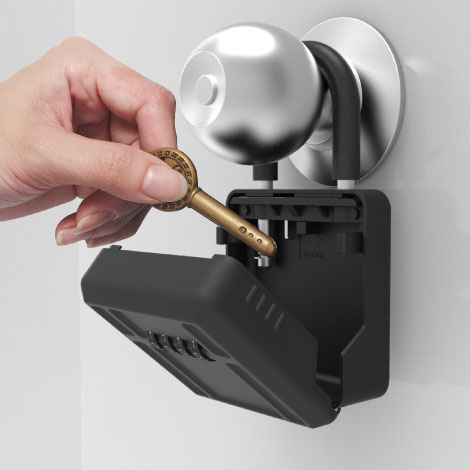
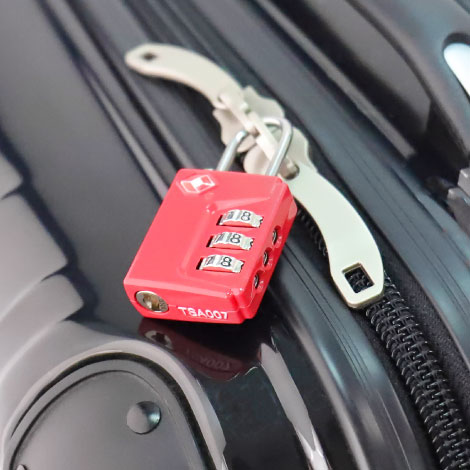
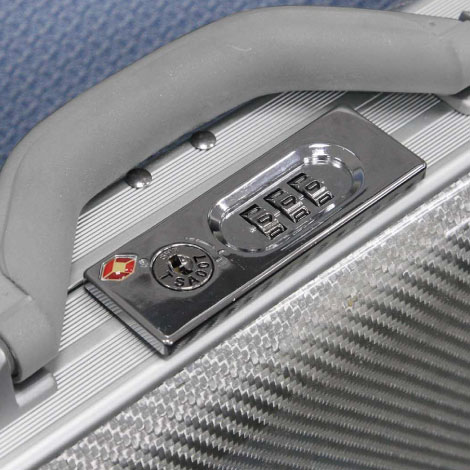
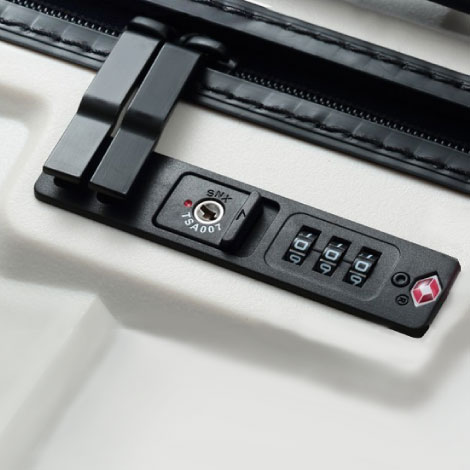
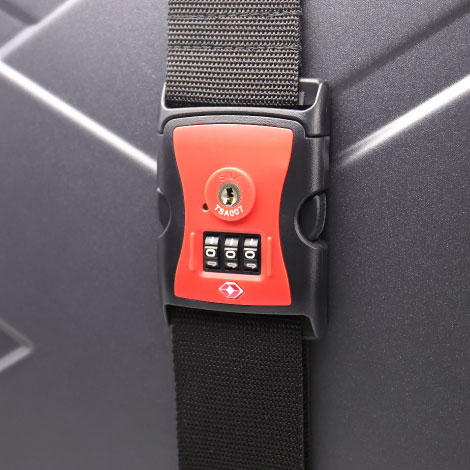
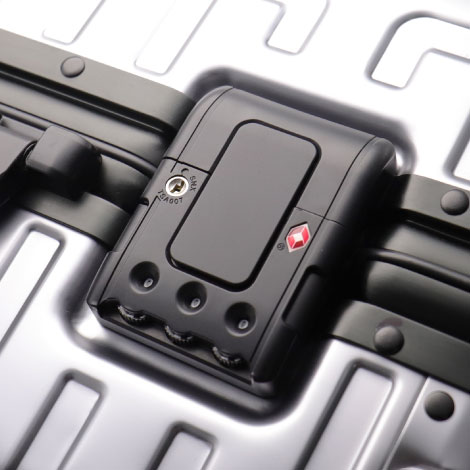

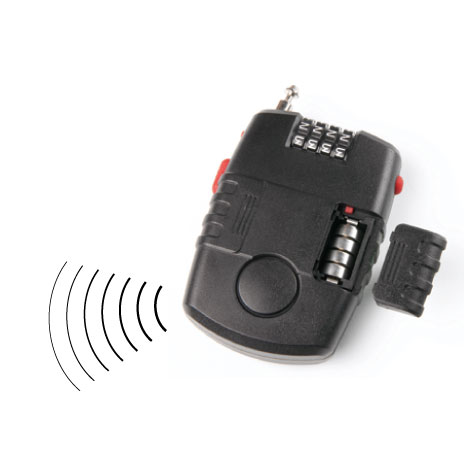
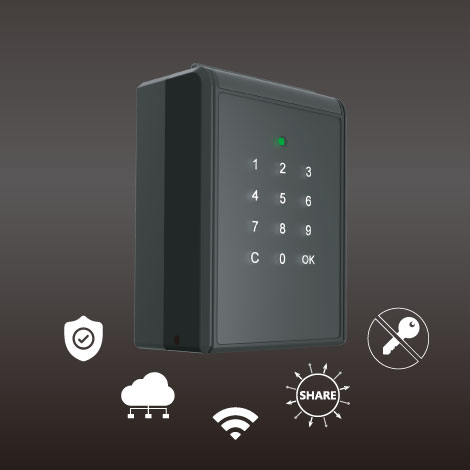
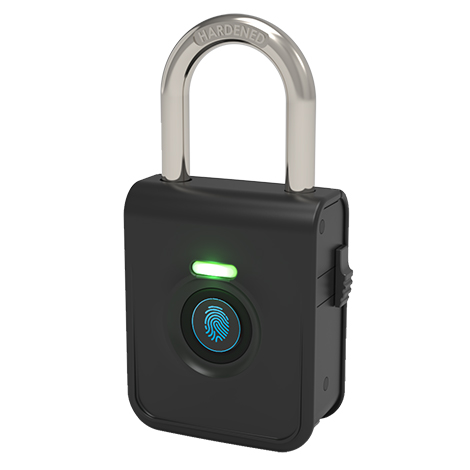
 English
English 繁體中文
繁體中文 简体中文
简体中文